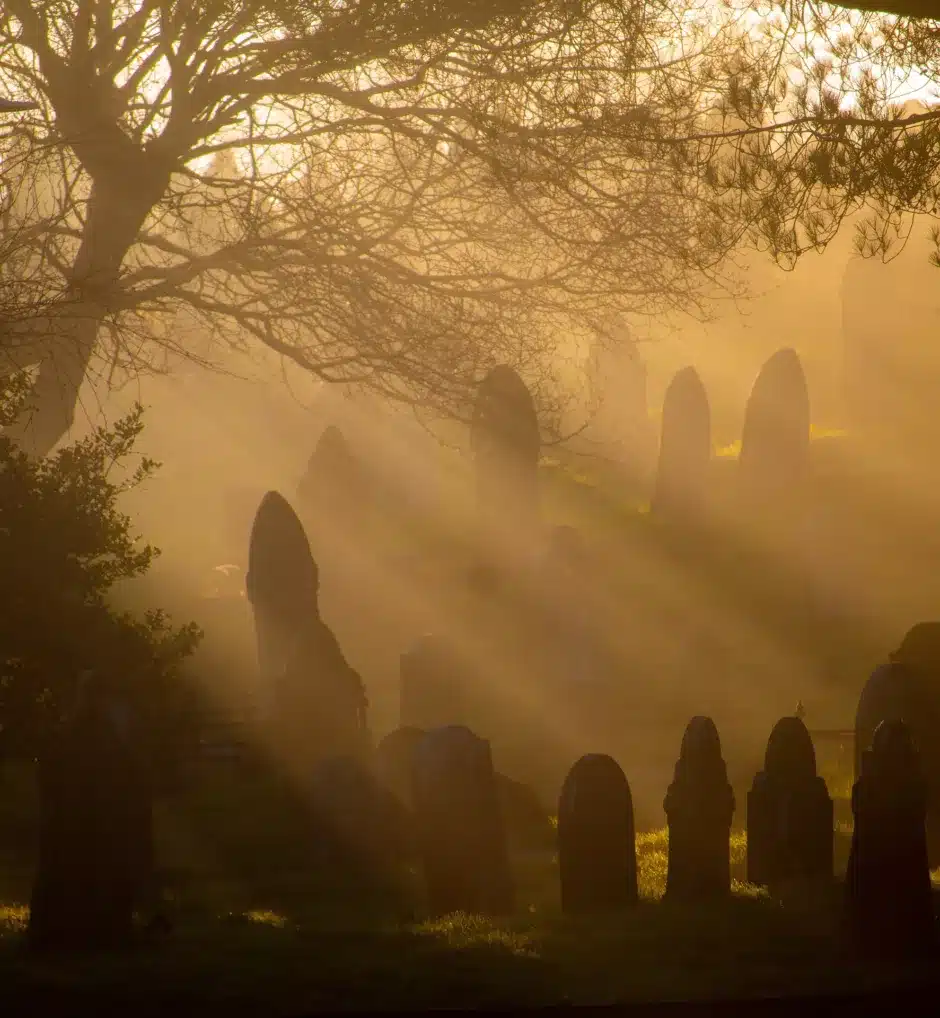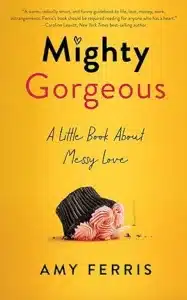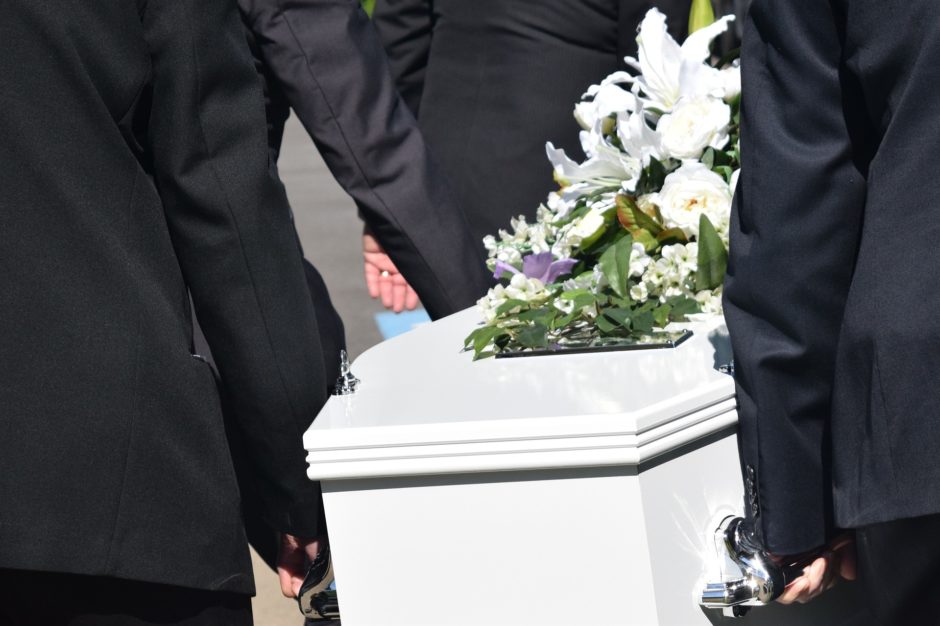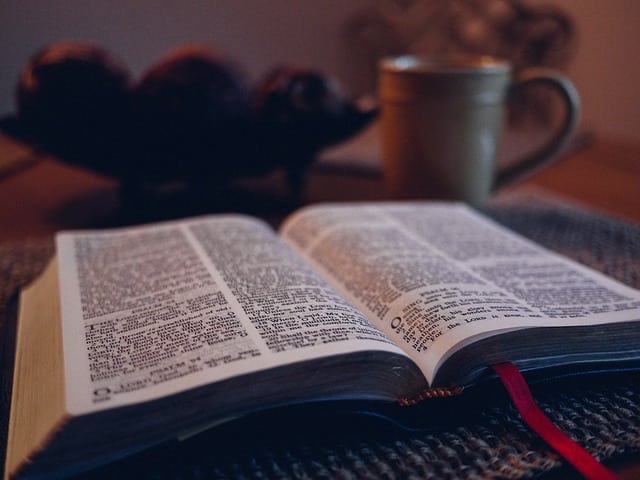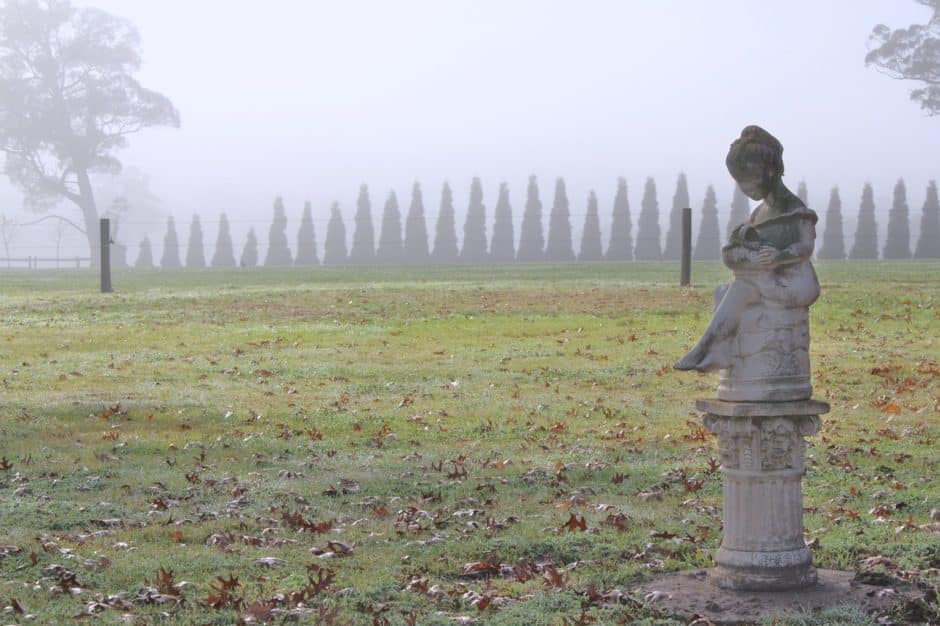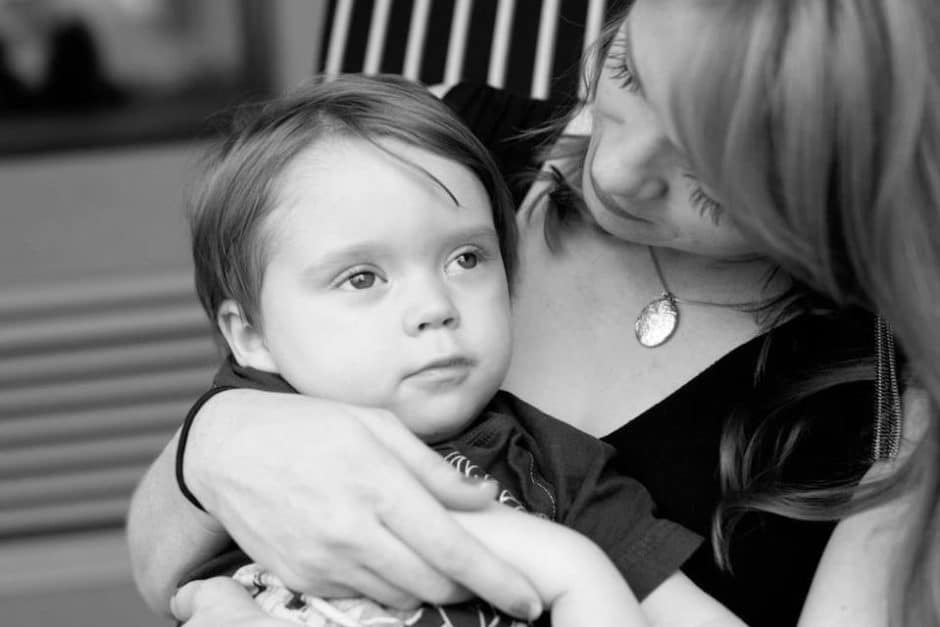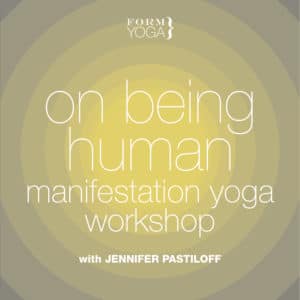Ghosts are supposed to be translucent, ephemeral. Mine are opaque, and permanent. Like the humidity on the Gulf Coast, ever present and palpable. If I could take a knife and cut a path through it, I would; I have tried. I’ve surgically removed myself, carving out limbs at a time until now, almost a decade removed, again, from living in Biloxi, I feel that mostly I am whole and present in the DC suburbs in which I live. It takes a long time, piecing oneself back together. After the traumatic death of a brother. After the rape and sexual assault from a friend. After heartbreak and disappointment and the wiping away of future plans. When I think of Mississippi, I think of pain and heartache. I think also of ignorance and backwardness and tremendous poverty. Of the final home of the first and last president of the confederacy. This monument to racism that stands and collects money, celebrating a history that is mistold, still. That flies not just one but hundreds of confederate flags, every day in 2022, and I am filled with dread. And yet for the sake of my children, and perhaps also for myself, this summer once again I find myself planning a trip back to the place where everything truly terrible in my life has happened. Because if I truly want to heal, I need to remember where I came from and how far I’ve come, and I want my kids to know more of the world than the haven their father and I have tried to create for them in suburbia. Because there is also beauty there, in Biloxi. Time moves slower and life is simpler. The Gulf beckons and pulls and reminds me of the possibilities in that murky water where the river meets the sound and the dolphins and stingrays play. And a day on the water in any kind of boat can heal almost anything. And so we go, every summer, and the ghosts and the mist envelope me and mine again.
But first, a memory.
The cool, dry air on my skin, driving my white mustang convertible, top down, through the hills and valleys of Northern California, the vineyards rolling past in waves of color, the smell of manure and compost and dreams permeating the air around me. The warmth of the sun and the endless possibilities in the open clean air of a California morning. That morning, so long ago, when California-me still believed it was possible to shake off my hometown. It was 7:30 AM on January 12, 2006, and I was on my way to work at Napa High School when my friend Shelly Barq called from Biloxi. She was thousands of miles away and three hours ahead of me in time. This morning in Napa, like every morning, the sky above was a brilliant blue punctuated with hot air balloons. The beauty of this adopted home astounded me daily. I loved that I needed a sweater in the mornings and could wear shorts in the afternoon. I loved the hills and valleys, the river and the endless cerulean sky. The gourmet coffee shops and grocery stores and boutiques I couldn’t afford. In every possible way Napa was the opposite of where I had grown up in hurricane country. There was never even a cloud in the sky, not one.
“Is your brother ok?” Shelly asked.
I had no idea what she was talking about. My morning had consisted of an argument with my fiance, Jeff, and then a hasty exit to my car. He would be driving to Santa Rosa this morning to work at his mother’s office (supposedly) and then staying late afterward to play with his band—that part, at least, I could believe. That is all he did, really, pretend to be a rock star and smoke pot. The rockstar bit is part of what attracted me to him in the first place. There is nothing more romantic than sitting under the stars with someone who is playing the guitar and crooning a love song while staring into your eyes.
“Call your mom,” Shelly said, and I hung up with her and called home expecting my mother to tell me that my youngest brother Josh had perhaps broken his leg in a car accident.
“Pull over and park the car,” Mom said.
It was 9:30 AM her time, and 7:30 in Napa. Impatient and because I was almost to school, I told her I was parked even as I continued to drive.
“Your brother has been killed,” she said. “He passed away.” Stunned, I coasted into my parking space. I couldn’t understand what she was saying.
A memory.
Running laps at the park by our house. The oppressive heat and stings of mosquito bites. A desire to show off. Josh wanted to get into better shape for baseball, and he asked me to train him to run faster. I ran behind him and in front of him. I sang motivational songs, He was out of breath after 50 yards. His dark brown hair and little belly, the way he trudged rather than jogged. His body had never been the same after his surgery. When he was 10 he’d been diagnosed with Ewing’s Sarcoma, and after a round of chemotherapy he’d had surgery to remove the tumor in his leg, and a surgeon had spliced the bones there together with another bone from his pelvis. He was a survivor; he was a fighter. That day at the running track though, he gave up after 2 laps, and I teased him endlessly.
Not possible that he was killed, that he had “passed away.” Passing away implies some sort of gentle crossing, and there is nothing gentle about being crushed by an 18 wheel truck. He and seven of his friends had been driving back from a party about an hour north from our hometown, and in the back country roads of Wiggins, Mississippi, in dense fog and after too many drinks, they had gotten lost. Chris Rutland, the driver, did a 3 point turn in the middle of the highway, and in the 3 AM fog, his truck had been struck by an 18-wheeler going probably 80 miles an hour. Josh and five of his friends had been killed instantly.
How could he be dead? Why him? Had I not also been to a million parties in remote locations and driven with a driver who’d also had too much to drink? I don’t think I’m alone in this, when we are young, we are stupid. Most of us are pretty lucky and survive those mistakes. Josh and his friends didn’t. But I had just seen Josh when I was there for Christmas break. We had last talked a few days before, when I called to see if he’d yet gotten over the cold he had while I was visiting. I was feeling sniffly and wondering if I should visit the doctor for some antibiotics, or if it was, in fact, just a cold. He had told me he was fine. He is fine. No other option was plausible. Because if my little brother was dead, what did that make me?
Memories.
He was 6 and I was 11, and I was the only one he trusted to pull his loose tooth. I was his protector, his “Gigi” when he couldn’t yet say Angie properly. His little arms around me when he’d had a nightmare and needed someone to hold him while he fell back asleep. The smell of Dove soap and toothpaste and the slight fear that he might pick his nose and put the boogers under the covers.
While home that Christmas, I had brought Jeff with me to meet my family. It had been a disaster. Jeff Fitzgerald did not in any way mesh with my southern Mississippi past and present. He had threatened at one point to walk to the airport and leave early because he couldn’t stand the… what exactly? I’m not sure. Now I think what he couldn’t fathom was the intimacy. This is what scares me too, now, at 42, when I think about visiting my parents and Bryan, my remaining brother, in Biloxi. I’ve successfully cocooned myself in suburbia, a thousand miles away, and I don’t want to open my heart back up to that place where it can be hurt again by those who knew me before. There used to be a closeness between my brothers, parents and me. There was no escaping it if I wanted to. Even as a 22 year old adult visiting with Jeff that winter, the strict curfews and rules were still in place because, according to my dad, “when you are under my roof you are under my rules.” I don’t think Jeff had any of this growing up; certainly there didn’t seem to be any structure in his life, any comprehension of the importance of honesty and even sobriety. That I came from a place where people couldn’t buy wine at the grocery store or liquor (or wine) on Sundays seemed unfathomable to him. That for one week only, he wouldn’t be able to begin his mornings with his customary glass of wine or token joint was unbearable to him. I see that now. I didn’t then. I was still enthralled by the easy orgasms that came when he was next to me and the sweet embrace of the ever flowing wine and sunshine in California. One night in Biloxi for Christmas break, we had played Trivial Pursuit. Jeff was impressed with Joshua’s ability to get every single question on the sports cards correct. I think that was the only real interaction between them. Jeff preferred my brother Bryan, I think, because he was closer to us in age, but also because Bryan shared Jeff’s love for cannabis.
So that morning in Napa, when I called Jeff to tell him he needed to turn back around and meet me at our apartment, the first question he asked after I screamed that my brother was dead was, “Which one?” This question maddened me. Did it matter? Of course it mattered, but to me at the time it seemed more proof that this man child I’d been dumb enough to saddle myself to seemed to think that question was relevant.
“It’s Josh,” I said. “Come home.”
Another night over Christmas vacation I had been sitting downstairs when, from upstairs, had come a burst of music. “I’m all out of love, I’m so lost without you, I know you were right believing for so long, I’m all out of love, what am I without you? I can’t be too late to say that I was so wrong.” Air Supply. Really? This was the song my brother was playing to pump himself up to go out for the evening? It tickled me. Who was the person he imagined when he listened to that song? I hollered up at him with the torment that comes from a big sister’s love, and the song was immediately changed. He must have loved someone, had someone who thought she might be the one, someone with whom he shared intimacies and kisses and dreams. Her dreams, like mine, were shattered that day. But my dreams were already cracked.
While in Biloxi for winter break I went with a friend to try on wedding dresses. I was standing in DeeDees Dress shop on the little stage reserved for brides, surrounded by mirrors. The lights were shining on me like spotlights and I was glorious. The dress was beautiful, with just the right amounts of lace, charmeuse, satin and chiffon. It was off the shoulder and in it, I was the princess bride I’d always dreamed of. But looking in the mirror in that dress I realized I was more excited about the dress than the man I’d be walking down the aisle to marry. In that moment, I knew I wouldn’t marry Jeff. But it took months before I was able to tell him that, compounded by the pain from Josh’s death and the desire to do anything but think of how I’d failed my family by continuing to exist when Josh was no longer here. It seemed I existed in the world so I could make my parents’ life better. I had to make it right, but how could I? There was no bringing him back. This was the first time I had ever encountered such a loss where there was truly nothing that could be done to fix it. There was just a hole, and nothing could fill it up. But I tried.
Back in Napa, in my townhouse on Silverado drive, I tried to fill it with every glass of wine I could afford. Drowning in alcohol and hoping for oblivion. When I was Josh’s age I had driven drunk or ridden drunk more times than I could count. How could I have survived when he didn’t? Not only him, but his five best friends also perished in that wreck. Why had I always been so lucky? There seemed to be two ways only to solve this problem: drink myself into oblivion or move back to Mississippi and be there for my parents.
A memory.
Plunging into a murky pond where an alligator lived on a dare. Swimming to the other side faster than I’d ever swam before or since because I’m not scared, I’m just as cool as the guys, my brothers will see that I am someone to look up to. Dreams of alligators chasing me and them, and always grabbing Joshua just in time to save him, or waking up in a cold sweat and never knowing if I made it in time. He was my responsibility, Mom always said. You are the oldest. Summer heat and play outside with your brothers, and I don’t care that Josh is 5 years younger than you, he needs to come too and you are in charge of keeping him safe. But I couldn’t keep him safe this time. I was in California, and he died. I didn’t protect him. I wasn’t the daughter or sister I was supposed to be.
The funeral and touching his skin. It was loose and cold and buoyant, even, like the cold bread roll sitting on the table with all the casseroles left by people who bring food to people who can’t eat. Eating means living, and I felt dead. The night before the funeral, Bryan and I were in Josh’s room, sifting through his things, and I found a letter to him from my mom. You are my favorite, she had written to him. Of my children, you are the strongest and the best and the closest to my heart. Another blow. Not only is my brother dead, but my mom loved him more than me, and I now had physical proof. Flying back to California and back to Jeff. His arms around me and feeling sickened at the idea of fucking him now. Every touch reminded me of Joshua’s corpse. And so the only thing that really was keeping us together, ended too.
And when the school year was over, I pieced what was left of myself together. A burden had landed on my soul, and it would be years before I would be able to pull myself out from under it. Back in Biloxi, I sank even further into a depression that existed because of the death of my brother, yes, but also because I was trying to recreate a home for myself in a place that I had once promised myself that I’d never return to. For as early as I can remember, I always knew that I needed to leave Mississippi. The pressure of humidity in the air was a weight on my soul.
A memory.
July, 2006. Telling a new someone that my brother had just died, and the realization in his eyes when he discerned that my brother was one of those kids he read about in the paper. Warm arms around me and a soft, “I’m sorry.” That summer was heat and salt and sand and losing myself in everything and everyone so there would never be time to think. Trying coke for the first time just to feel alive. To remind myself that I was still alive even if Josh wasn’t. The weight of guilt and sadness and humidity. Jumping on the trampoline at 3 in the morning, sleeping in someone else’s bed and waking up to salty air and more heat and the open breeze on the Silver Dollar or anyone’s boat who’d let me ride out to the barrier islands with them. Anywhere to pretend for a minute that I wasn’t landlocked in Mississippi, again.
I got a job teaching at a local high school, and tried to forget the dreams I’d had for myself. Tried to forget everything, really. My grief at losing my brother. After a series of dead end hook ups and brief relationships centered around men with access to boats, I bought my own sailboat. Nevermind that I didn’t actually know how to sail. I’d spent years on boats, but always ones with motors and someone else in the captain’s seat. Still, I was taking charge of my life. If I was going to be stuck in my hometown, I was going to explore the best parts of it. I needed space from the oppressive love of my parents, from not knowing who I was anymore, and I looked everywhere but within, hoping that in the air off the coast my confined soul might fly free for a while. Later that year I met the man who would become my husband. Like me, he had called BIloxi home, but he also knew he was destined to settle elsewhere,which is what we eventually did, several years later.
Maybe that is it. I got out of Mississippi. And Josh never can. He died there, and they buried him a mile from where we grew up. He will forever be 21, stuck in the pictures my parents have posted all over the house. His face bloated from freshman 15, never able to grow into the man he might have become.
A memory.
September, 2005, just three months before Josh died. A flight from Sacramento into Jackson, Mississippi. Biloxi destroyed by Hurricane Katrina. All of the landmarks of my youth, wiped away in an instant. Watching events unfold from Napa was like listening to a friend tortured in the next room and not being able to do anything or even know what was happening. On CNN and every channel only New Orleans and levees and FEMA. I was at school the morning the storm hit, and Bryan had refused to evacuate. When you grow up around hurricanes, as long as you live on land above the flood zone and your walls are made of brick, you learn early that you don’t need to evacuate. And yet my parents who had never lived anywhere other than the Hurricane zone of the Gulf Coast, who had never in my lifetime left for a storm, had fled north. Josh was at college in north Mississippi, and so Bryan was the only one in my nuclear family in the danger zone. I was on the phone with him that morning and he was having a party with friends. Drinking and smoking and claiming his territory in his newly purchased home.
“Holy shit, my shed just flew by,” he said, and the phone lost service. I wasn’t able to reestablish service with him or anyone in my family for three days. All lines were down. But they were all ok, in the end. Until of course, they weren’t. So when Josh picked me up from the airport in Jackson, Mississippi, a week after the storm hit, as we drove down to the coast I marveled at how everything had changed. Landmarks I’d always known didn’t exist anymore.
“Shut up,” he said, “you can’t even see anything, it’s dark.” He was right, of course, but I wanted to make up for not being there when the storm hit. And the landscape had changed. Nothing would ever be the same. It had felt like a betrayal, watching from afar and then really only watching how the storm affected New Orleans. The media coverage skipped over Mississippi entirely, even though the eye of the storm had passed over the Mississipp Gulf Coast, not Louisiana. So I gathered tree limbs like crazy, sweeping and raking and busting my ass to help get my parents’ house and my grandmother’s house ready again for habitation, and I wheedeled my littlest brother, Josh, for not hustling enough to help. Working in my grandmother’s yard, he kept disappearing inside to do anything but manual labor, and I told him he needed to quit being lazy and get his hands dirty.“ He wasn’t the perfect person that my parents remember. He was just a boy. Sometimes lazy, sometimes stupid, sometimes selfish, just like anyone. He didn’t hustle enough. Or maybe I hustle too much. How can you be angry with a ghost? I guess I’m not angry with him but with my parents for loving that imperfect ghost more than me.
And here I am now, fifteen years later, fussing at my own son, Josh, for not hustling enough in the morning before school. For not picking up after himself. For not being the perfect version of a son I envisioned when I thought having him might somehow fill the hole that came to being when Josh died.
A memory.
A cemetery with a view of the Gulf of Mexico. Flat, sandy, ground filled with other brothers and sons, mothers and daughters, the bones and ashes of other dreams that died with the bodies buried in the earth. Sitting there on the massive stone bench on the meticulously maintained ground on the 5 plots my parents bought so we “could all be buried together,” surrounded by the stone angels and trinkets and his picture there, in the tombstone, staring at me. A promise to remember. To live a life worth living. To make up for his death, somehow.
“So you became a mother not because you wanted to, but because you felt you had to,” my therapist said many years later. I guess that’s true, and maybe why I clash so much with my now eleven-year-old son. Part of me thought that by bringing another Josh into this world I could somehow fill the hole created by the loss of my brother Josh. What a terrible burden to put on a small child, and now, years after that realization, I understand part of the anger I have for my parents. I left Napa to try to heal them. I made another Josh. And I’m still not good enough. My dead brother will always be better than me, because in their minds, he exists as the most perfect version of himself. The man he might have been is so much better than the person he was. In their minds, he will always be potential. I will never be good enough because I’m still alive. And I project that failure onto my sweet son, Josh. He is never good enough either because no one is. And maybe that is ok.
So I’ll take my children to visit their grandparents, and I’ll smile, because as hard as losing a brother is, losing a child must be a million times harder. Together we will wade into the Gulf, feeling the soft sand beneath our feet and between our toes and the warm water all around us. We’ll climb onto Poppy’s boat and sit next to my mother and smile, and maybe this time the water will cleanse me of the guilt and the ghosts and the sorrow. I’ll close my eyes and think of that other Josh who died long ago, and remember him singing Air Supply, in the bathroom. And when my son asks Poppy to put on some ridiculous pop song, I’ll smile again and tell Poppy to turn it up.
Angie Taggart is a high school English teacher who is more often grading papers than writing her own. She has been published in The Vanguard. We are thrilled to publish her work and look forward to reading more from Angie. She can be found on Twitter at @angtagwrites.
***
Wondering what to read next?
We are huge fans of messy stories. Uncomfortable stories. Stories of imperfection.
Life isn’t easy and in this gem of a book, Amy Ferris takes us on a tender and fierce journey with this collection of stories that gives us real answers to tough questions. This is a fantastic follow-up to Ferris’ Marrying George Clooney: Confessions of a Midlife Crisis and we are all in!
***

